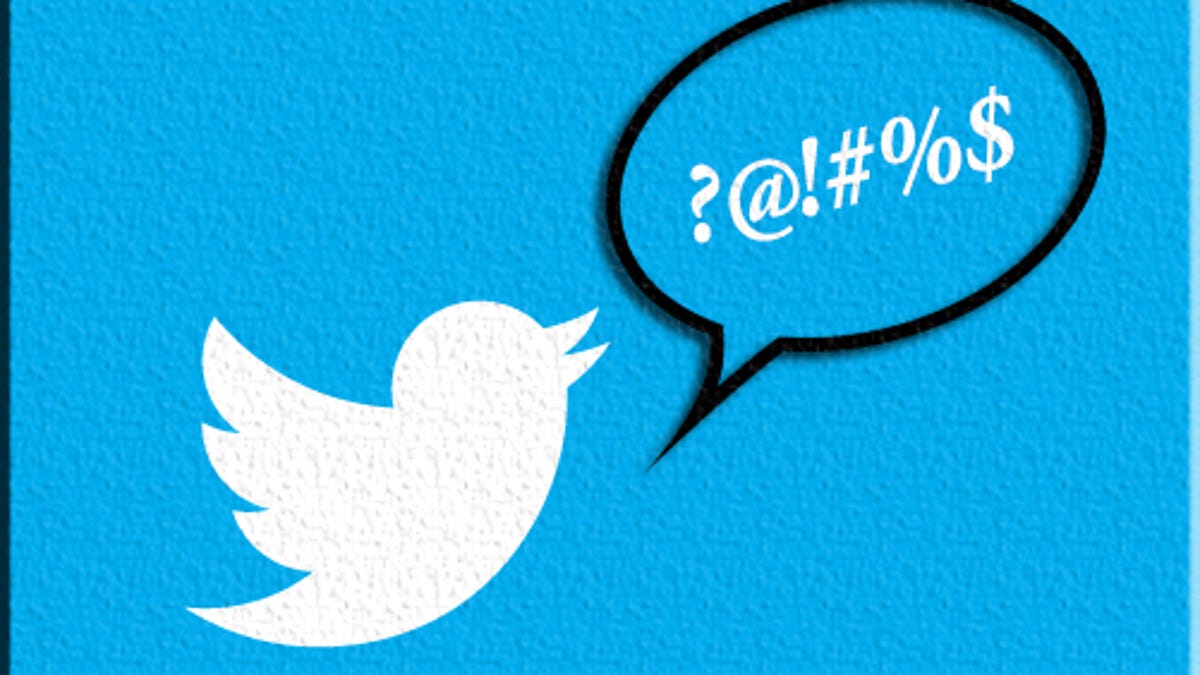French court to Twitter: Hand over names of racist tweeters
After Twitter in France was hit with a slew of anti-Semitic tweets in October, the court ruled the social networking service must identify those behind the posts. Twitter is evaluating the ruling.

Twitter must hand over the identities of users in France who post racist tweets, a French court ruled today.
According to AFP, the court's ruling stemmed from a test case "that pitted the right to free speech against laws banning hate speech," and answered a petition made in October by the French Union of Jewish Students (UEJF), which had claimed that many anti-Semitic tweets had violated the law in the European country.
The UEJF had demanded that Twitter do a better job of policing obviously anti-Semitic tweets.
Twitter said today in a statement that "we are currently reviewing the court's decision."
In October, Twitter was awash in anti-Semitic French-language tweets tied to the hashtag "#unbonjuif" ("a good Jew"), prompting many to argue that social media in general, and Twitter in particular, are cesspools of objectionable content (article in French). A big element of the complaints aimed at Twitter was that it was too hard for users to report objectionable tweets.
At the time, Twitter rebutted that contention, pointing out that a simple Google search for, say, "Report Twitter behavior" returns a number of different methods for reporting, or flagging, abusive posts or users.
Twitter also said in October that it is concerned about egregious user behavior and can, and sometimes does, take action against perpetrators of such activity. The company said, for example, that it can police trending topics, proactively removing any such terms that are considered offensive from its highly influential real-time list of popular subjects, such as "swastika." Today, AFP reported that Twitter had deleted some of the anti-Semitic tweets in October.
But Twitter has also long emphasized freedom of user expression, and the company said in October that on its own, there's nothing about a term like "good Jew" that's inherently anti-semitic. In a case like the one in France, it's up to users to report abusive tweets, the company has contended, and it reserves the right not to take action unless such posts are clearly illegal in the country where the tweet was reported.
It is almost certainly that position that led the UEJF to take its case to the French courts.

